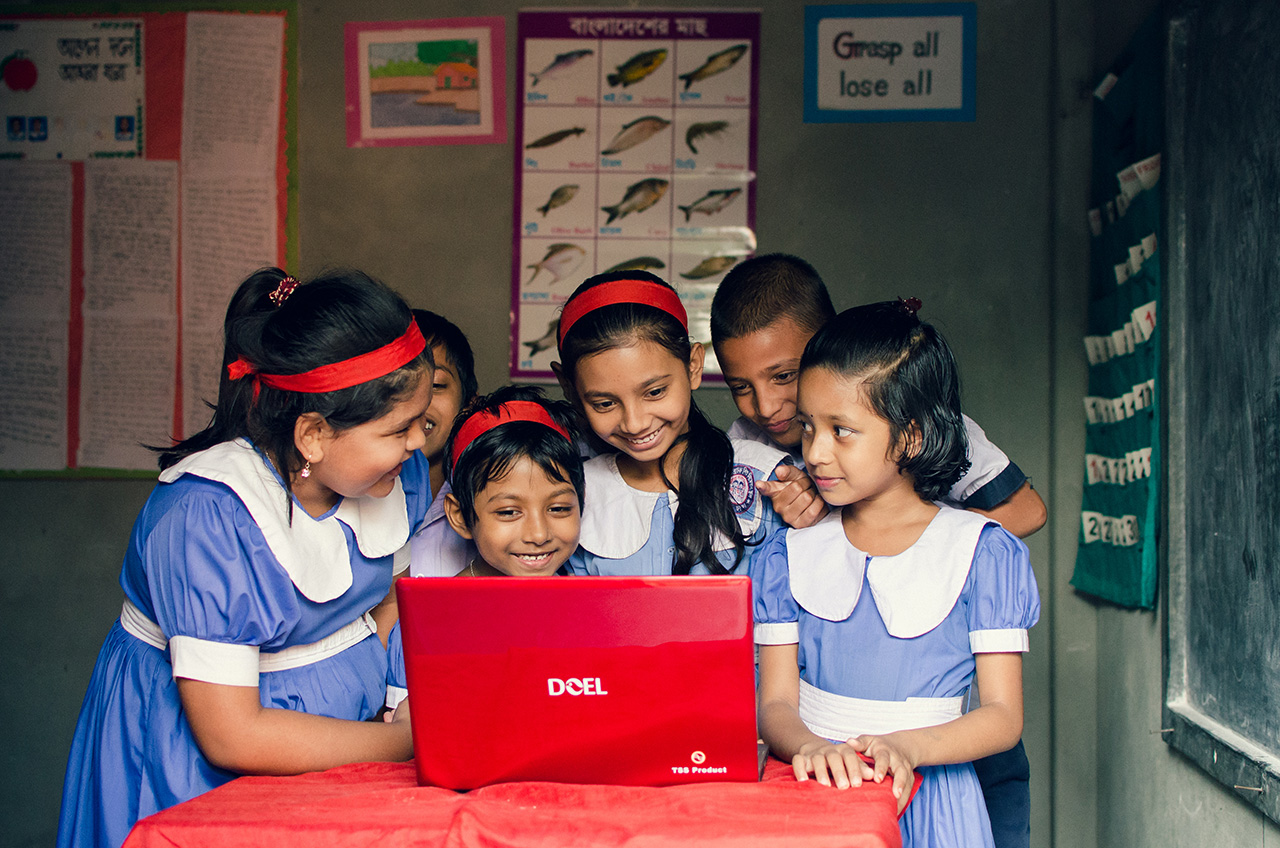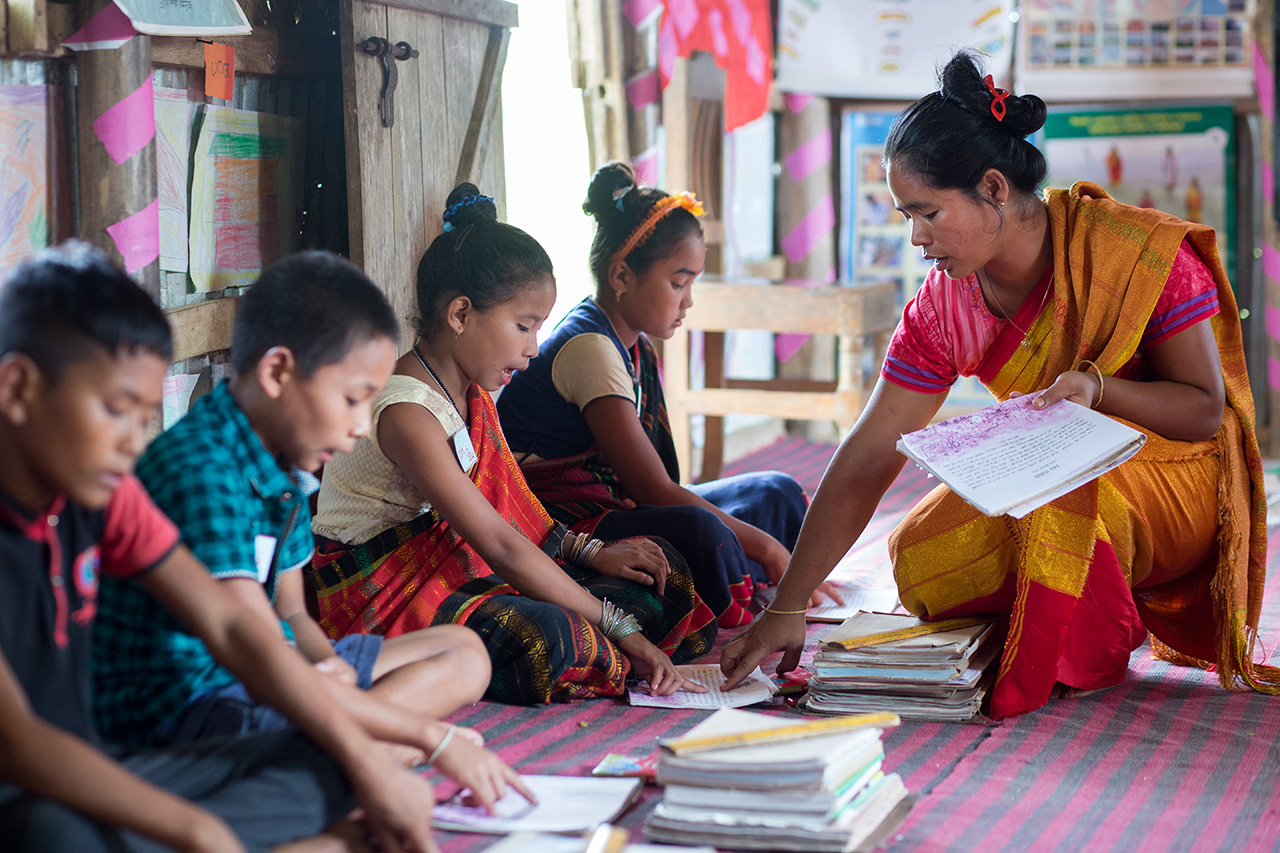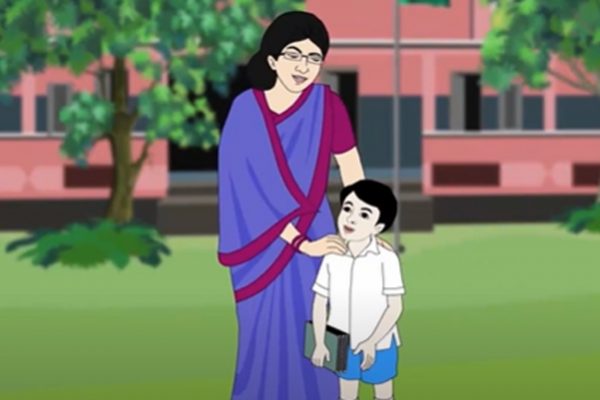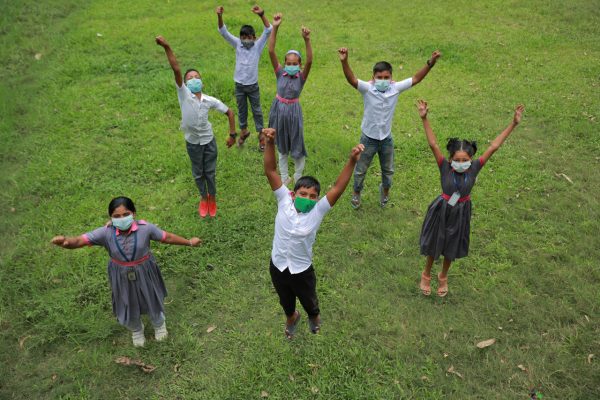What must
literacy mean today?
Reading Time: 3 minutes
What does literacy actually mean in today’s perspective? Do we need to cling to the literacy that means an individual’s ability to write their names in their own language, and – in this digital age – know normal subtractions and additions?
Somewhere in the world, a language disappears every two weeks, reports the The Language Centre of Columbia University.
More than 7,000 languages prevail across the world, and 2,000 of them are used by less than 1,000 people. Half of the prevailing languages see its written form using 46 kinds of letters. The rest are used orally.
International Literacy Day 2019 is being observed across the globe focusing on the theme ‘literacy and multilingualism’. This aims to extend an opportunity to the society, government and all stakeholders to discuss the prevailing situation of ‘ literacy’ and decide on possible initiatives to be taken for addressing the situation.
How far we have recognized and tried to save prevailing languages also come under the objective of observing literacy day. The UN’s Sustainable Development Goals, adopted by world leaders in September 2015 promotes universal access to quality education and learning opportunities throughout people’s lives. Sustainable Development Goal 4 has as one of its targets ensuring all young people achieve literacy and numeracy. It also says the adults lacking these skills should be given the opportunity to acquire them.

Students gather around a laptop to access digital multimedia content.
What does literacy actually mean in today’s perspective? Do we need to cling to the literacy that means an individual’s ability to write their names in their own language, and – in this digital age – know normal subtractions and additions?
Or do we need to redefine it?
Obviously, the current perspective of the country and globe calls for a changed definition of literacy. The persons belonging to a particular profession must have awareness and operational skills of the basic elements of the profession, even without having a formal academic background.
For example, a transport worker must understand the harmful effects of honking horns and where it is absolutely prohibited. He must have the ability to acquire this information by reading the instructions in their own language.
An agricultural labourer should know the instructions of agricultural tools, pesticides and ways of cultivation by going through written documents. Similarly, a computer operator should know the different functions of a computer both by reading instructions and practical applications.
The literacy rate in Bangladesh has increased by 26% in the last 10 years according to a UNESCO report in 2016.
Now the figure now stands at almost 74%.
In the last decade, the rate of increase of literacy among men is 75.6% and women 69.9%.
The number of educated women and men has evidently, significantly improved. A number of reasons contribute to this – distributing books free of cost, stipends for female students, greater budget allocation in the education sector, striving to get all children into schools, and NGO efforts and contributions.
We should bear in mind that achieving literacy is one of the fundamental rights of citizens. Without literacy, people cannot live their lives to their full potential in this age of technology.

A teacher and students in a BRAC school in Khagrachari, south-eastern Bangladesh.
About 775 million adults across the world lack even the most basic, minimum literacy skills.
20% of all people – are not literate.
Of the 20%, more than 65% are women. About 75 million of the world’s children are not in school or have dropped out.
65% of primary school students in Bangladesh cannot read Bengali. South and west Asia are noted to have the lowest adult literacy rate of about 58.6%. The countries with the lowest literacy rates are Burkina Faso, Mali and Niger.
People require proper education for the fulfillment of their dreams. Every student requires a proper education to become a better person in life. A strong base in literacy leads to an education that helps an individual to achieve their goals.
Today the world sees more than four billion people who are literate, and more each day, with the efforts of UNESCO, governments, NGOs and various entities. It is obvious that the declaration and celebration of International Literacy Day works significantly towards achieving the goals. The day unfolds newer opportunities and possibilities, addressing tools taking stock from the previous year.
Despite the progress made, literacy challenges persist, distributed unevenly across countries and populations. Embracing linguistic diversity in education and literacy development is central to addressing these literacy challenges and achieving the Sustainable Development Goals.
On the occasion of International Literacy Day 2019, the main characteristics of multilingualism in today’s globalised and digitalised world will be discussed and their implications for literacy in policies and practice to achieve greater inclusion in multilingual contexts.
Bangladesh is set to become a middle-income country by its 50th birthday, having undergone uncountable obstacles. We must retain this prestige and be conscious enough to increase this rate up to 100%. We must not be complacent with the current status of literacy. We must not let it stand in the way of our progress.
Masum Billah is a programme manager of BRAC Education Programme.





